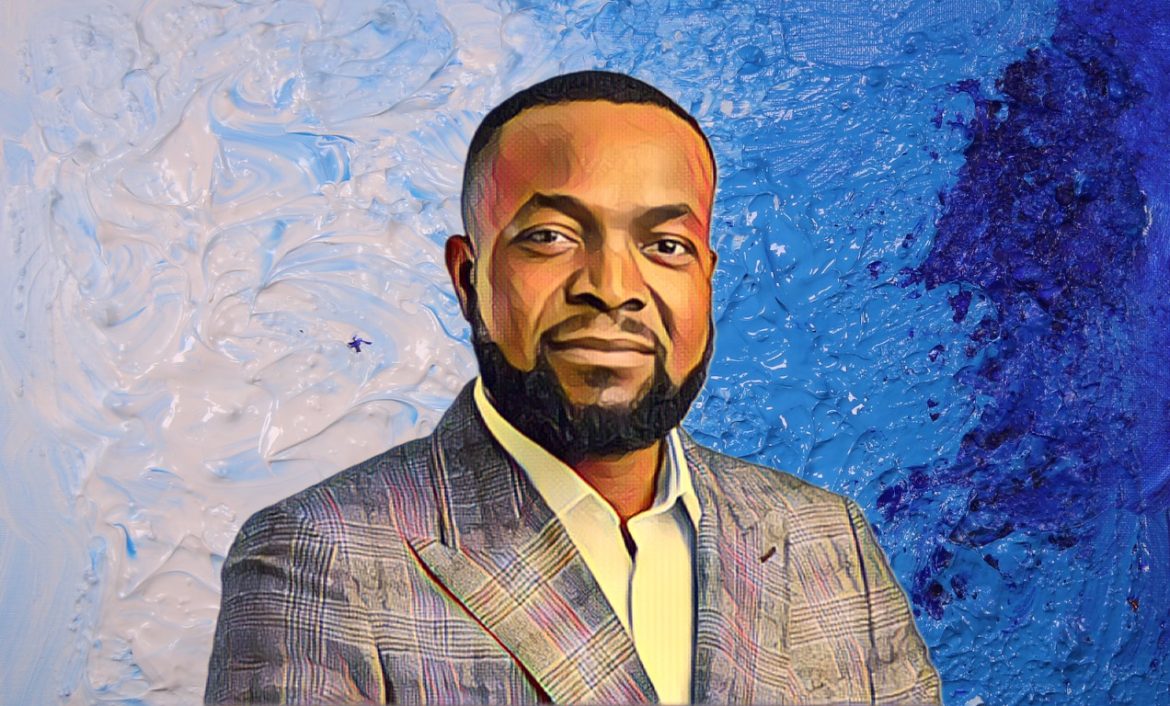In a decisive move to enhance the resilience of digital infrastructure across West Africa, Nigeria’s Minister of Communications and Digital Economy, Bosun Tijani, has announced a groundbreaking initiative aimed at bolstering the protection of undersea cables. This vital infrastructure serves as the backbone for internet connectivity and digital operations across the continent.
The announcement, made via the social media platform X (formerly Twitter), underscores the urgency of addressing recent disruptions to undersea cables that have significantly impacted countries including Ghana, Togo, and Senegal. These disruptions have illuminated the vulnerabilities of critical digital infrastructure and the cascading effects on economies and societies. Minister Tijani’s strategy emphasizes international collaboration and legal frameworks to shield these undersea cables from future threats. Recognizing the indispensable role these cables play in the burgeoning digital economy, Tijani has called for a review of international laws and the formation of strategic partnerships with both regional and global entities.
The recent undersea cable cuts have not only affected broadband Internet connectivity but have also compelled many banks, financial institutions, telecom companies, and other sectors to scale back operations, highlighting the interconnected nature of modern economies. Cable systems like the West African Cable System (WACS) and the African Coast to Europe (ACE) have reported issues, prompting an all-hands-on-deck response from service providers and stakeholders. In light of these challenges, Tijani praised the collaborative efforts within the sector, singling out companies like GloWorld, WIOCC, MTNNG, and MainOne for their swift actions to mitigate the impact. This spirit of cooperation is seen as essential for both immediate responses and long-term preventative strategies.
The Nigerian Communications Commission (NCC) has been tasked with coordinating the response, working closely with all relevant stakeholders to restore services promptly. The commitment to swift action reflects the critical importance of reliable internet services for financial transactions, education, healthcare, and more. The undersea cable cuts have posed significant operational challenges for financial services, as noted by Sarafadeen Fasasi, President of the Association Of Mobile Money and Bank Agents In Nigeria. The disruption has led to transaction failures and significant reconciliation issues, underscoring the reliance of financial services on stable internet connectivity.
The scale of the disruption, affecting eight West African countries and even users in South Africa due to damage to four sub-sea cables, highlights the need for robust protective measures. While the exact cause of the cable cuts remains under investigation, natural phenomena such as seabed shifts are considered likely factors. Recovery efforts are underway, with the National Communications Authority (NCA) in Ghana estimating a minimum of five weeks for full service restoration. This timeline underscores the complexity of repairing undersea cables and the necessity of international cooperation in safeguarding this infrastructure.
Meanwhile, Cote D’Ivoire, one of the affected countries, has seen a swift restoration of services, offering a glimmer of hope and demonstrating the potential for rapid recovery with coordinated efforts. This initiative by Minister Tijani and the Nigerian government serves as a call to action for countries across Africa and beyond to unite in protecting the digital lifelines that underpin the global economy.


